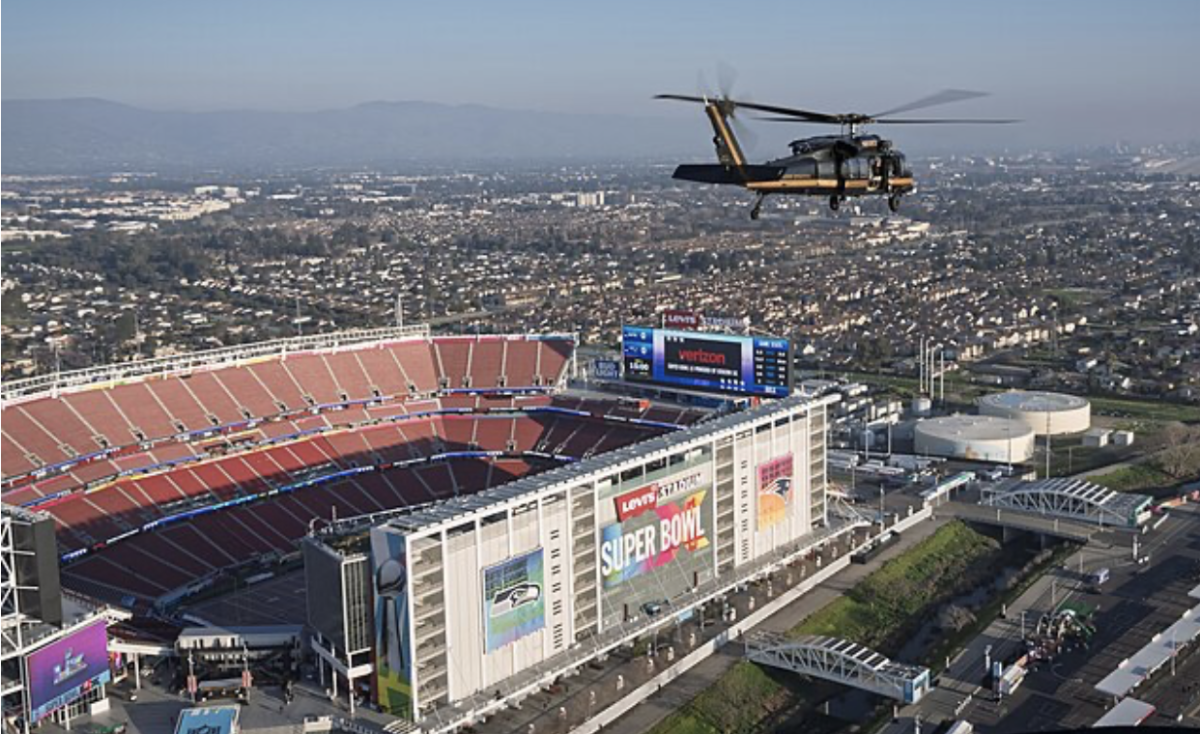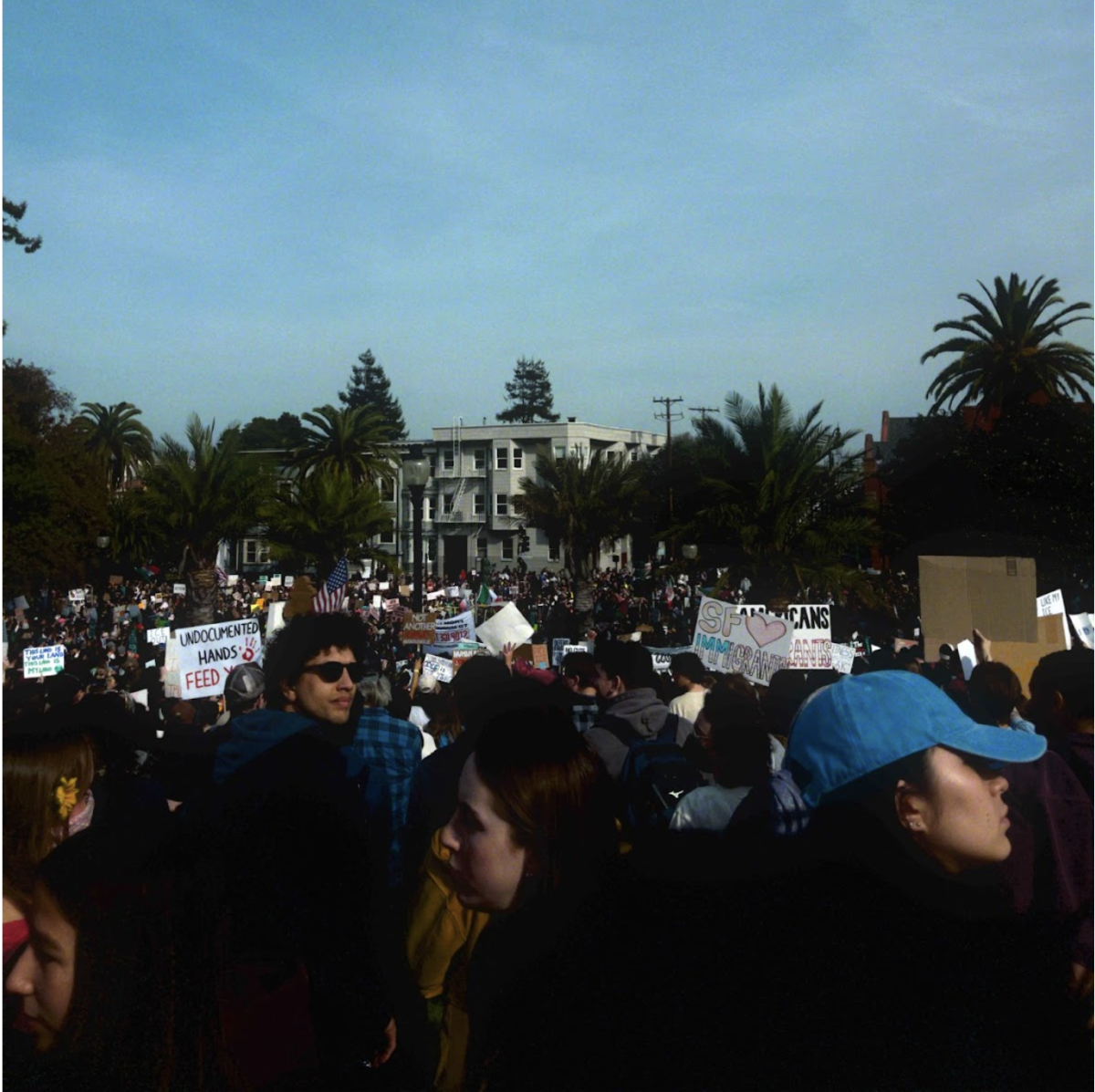Katy Hallowell
Reporter
Recent earthquakes in Haiti and Chile may leave many San Franciscans wondering if the Bay Area is the next. California has more than a 99 percent chance of having a magnitude 6.7 or larger earthquake within the next 30 years, according to the Uniform California Earthquake Rupture Forecast (UCERF).
The probability of a magnitude 6.7 or larger earthquake over the next 30 years striking the San Francisco Bay Area is 63 percent according to UCERF, a multidisciplinary group of scientists and engineers, known as the Working Group on California Earthquake Probabilities.
“During the 1989 [Loma Prieta] earthquake we had to walk 16 flights down the stairs because the elevators weren’t working,” said Clara McInerney, mother of junior Shannon McInerney. “I got in the company car and drove all the employees home. When I was driving down Pine Street, it looked like the entire city was on fire. It prepared me though. I have kits in the house and in the car.”
Many teenagers have not lived through major earthquakes, but some families are educating their kids on what to do in case of an emergency.
“My mom has five barrels of water and earthquake food that doesn’t expire,” said junior Lizzy Van Zandt. “My family has this whole plan about where we’ll meet in case of an earthquake because once my mom and dad got separated.”
The 6.9 Loma Prieta earthquake resulted in $8 billion dollars of damage. The earthquake predicted by the U.S. Geological Survey will be at least this large, if not bigger.
“There is a high likelihood that we could lose a lot of the water in the San Francisco water system,” said UCRF geologist Jack Boatwright, “In San Francisco, there’s a lot of ‘made ground’ where the water mains go through. When an earthquake shakes that kind of sediments or that kind of ground, there can be liquefaction that leads to fires.”
Because of the potential lack of water in the city, families should prepare themselves with at least 72 hours of water, according to Boatwright.
San Francisco has no city-wide evacuation plan unless the fires pose to be a fatal threat.
“The idea is that if there’s a large earthquake most people will be able to find shelter in their houses, the real problem would be the fires that follow the earthquake,” said Boatwright. “The only reason for evacuations that I would see would be because of enormous fires, and there very well could be.”








